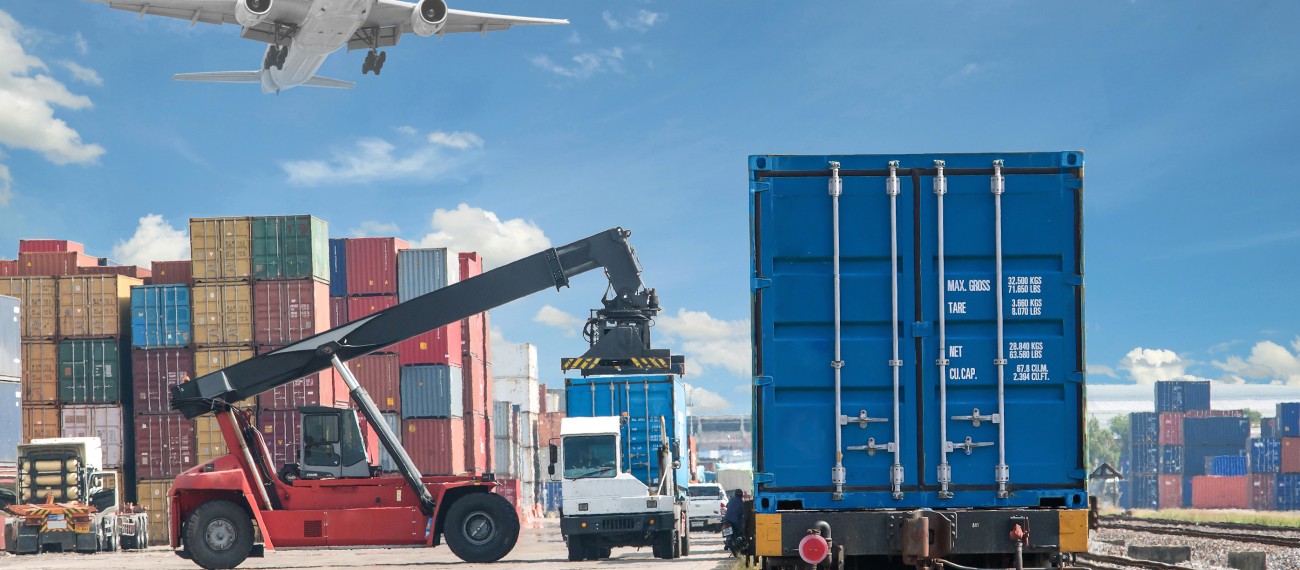The trend of growing transport volumes in maritime transportation is expected to continue. While increasing the size of container vessels is one measure to cope with the growing demand for international container transports for the main-carriage, the corresponding capacities for hinterland transportation must be expanded adequately. Since the share of rail-based hinterland transportation is comparatively high for German deep sea ports, rail connections are of high importance. However, due to the given infrastructure increasing the capacity of rail-based transport services for pre- and on-carriage remains challenging. Therefore, an efficient utilization of existing train connections should be considered as a first step to tackle the increasing demand for hinterland transportation.
Furthermore, from the perspective of an intermodal operator a high profitability can only be achieved if the utilization of train capacities is at a high level. Cancellations on short notice and rebookings (e. g. due to delayed ship arrivals or delayed customs handling) can lead to unused transport capacities.
One measure to avoid unused capacities which is applied in air transport is to overbook the available capacity. Especially in passenger air transport overbooking (accepting more booking requests than seats available) is a common practice. Since cancellations and no-shows of passengers on the day of departure can be predicted relatively accurately by evaluating historical data, the capacity utilization of flights can be improved. However, the applicability of overbooking strategies and their potential benefits for rail-based hinterland transportation are comparatively unexplored so far.
Thus, the aim of the research project “GenesisKV – Overbooking strategies for containerized hinterland transport” is to investigate adequate overbooking strategies for rail-based hinterland transportation. Based on available data, the impact of suitable overbooking strategies is analyzed. In the first step, the booking behavior of customers regarding cancellations and no-shows is investigated. Afterwards, different overbooking strategies are evaluated with respect to their applicability for rail-based hinterland transportation using simulation modelling.
Key Data:
Runtime: March 2017 till August 2017


